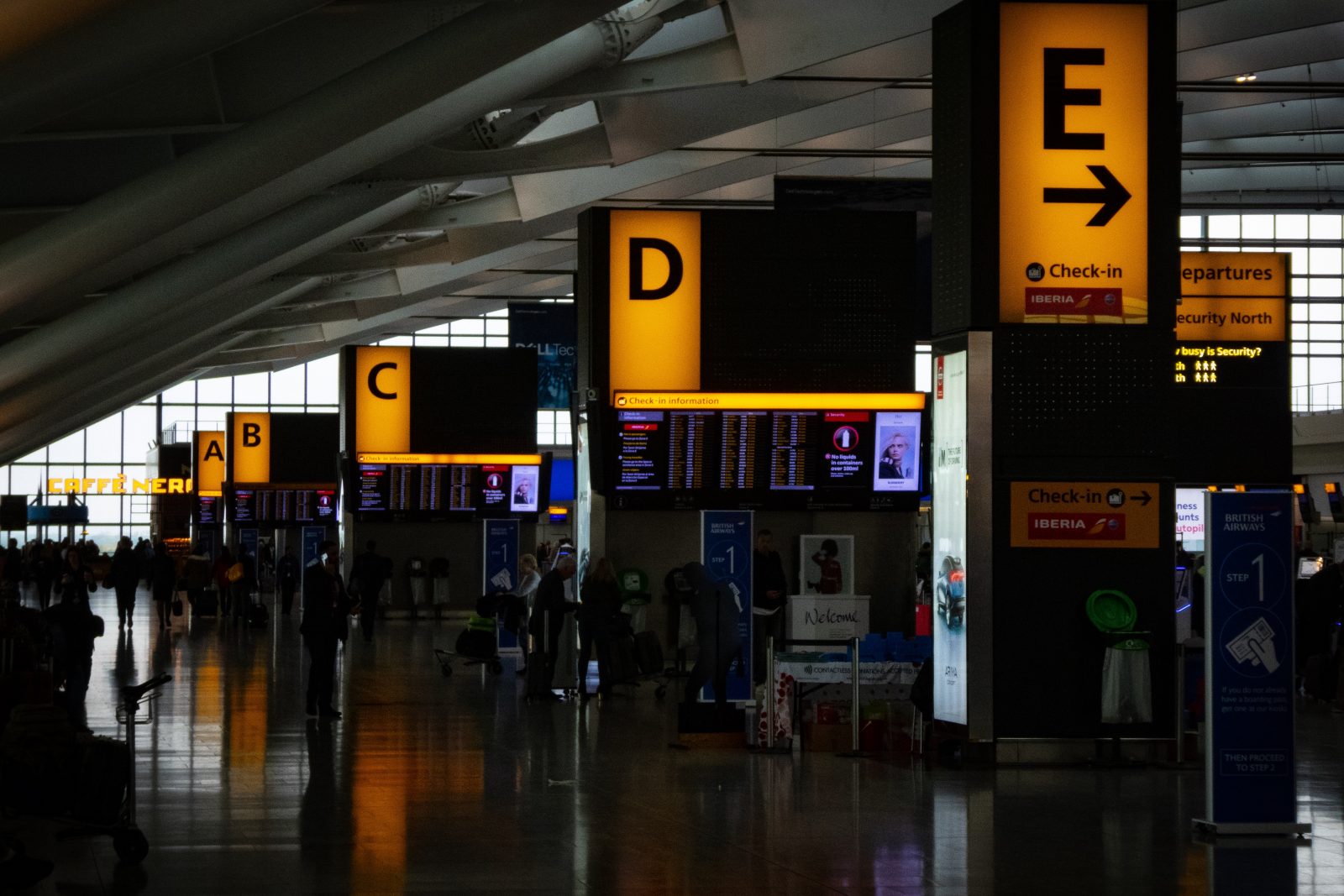Government’s announcement of post-Brexit immigration changes which ends free movement and brings EEA nationals within a “new” points based system by 2021.
It was politically inevitable that this would happen. The key driver of the 2016 “leave” vote was the promise of reduced immigration and full control of the UK’s borders. A Government with an 80-seat majority, secured on the message of “get Brexit done”, was bound to bring down the shutters on unlimited free movement of workers from the EU. It also has the parliamentary clout to do it. On 18 February, the Government finally announced its new immigration policy in a major reform designed to end the UK’s reliance on cheap, European labour. In addition to redefining the criteria for entering the UK, the announcement emphasised the need for business to invest more in technology and training.
Farming, the care sector, and food and hospitality – the sectors most dependent on low-skilled EU labour – will take the brunt of this. The Government says that this is an overdue re-balancing, that the public wants to end the “distortion” of labour supply and resulting wage suppression in these sectors. Employers in these sectors say they simply can’t afford it.
But all is not as it seems. There is good news for business, too. The re-structuring of the Points Based System for skilled migration means much more than the inclusion of formerly exempt EEA nationals. It involves abandoning the cap on numbers, scrapping the Resident Labour Market test, dropping the base salary thresholds by thousands of pounds and lowering the minimum skill level from RQF6 to RQF3. For all the claims of a “new Australian style Points Based System”, we have had something purporting to be just that for 12 years. It will be adapted, not replaced. The difference now is that there will be less incentive, not more, for employers to invest in skills training for home-grown talent, and downward pressure on wages for mid-level roles will increase. This flies in the face of what the Government says it is trying to achieve.
The ten-year pre-Brexit commitment to reduce net migration from hundreds to tens of thousands a year will translate into a post-Brexit economy with more economic migration than ever. This may be masked for a while by the pinch-point crisis in the three sectors that rely most on low-skilled labour. It will be no surprise if, whatever the Government says now, it relents a few months down the line and makes special provision for them within or outside the revised system. As the loss of European cooperation and underfunding undermine the security of borders now “under our control”, the ultimate irony of Brexit will take hold: more immigration than the UK has ever known.









